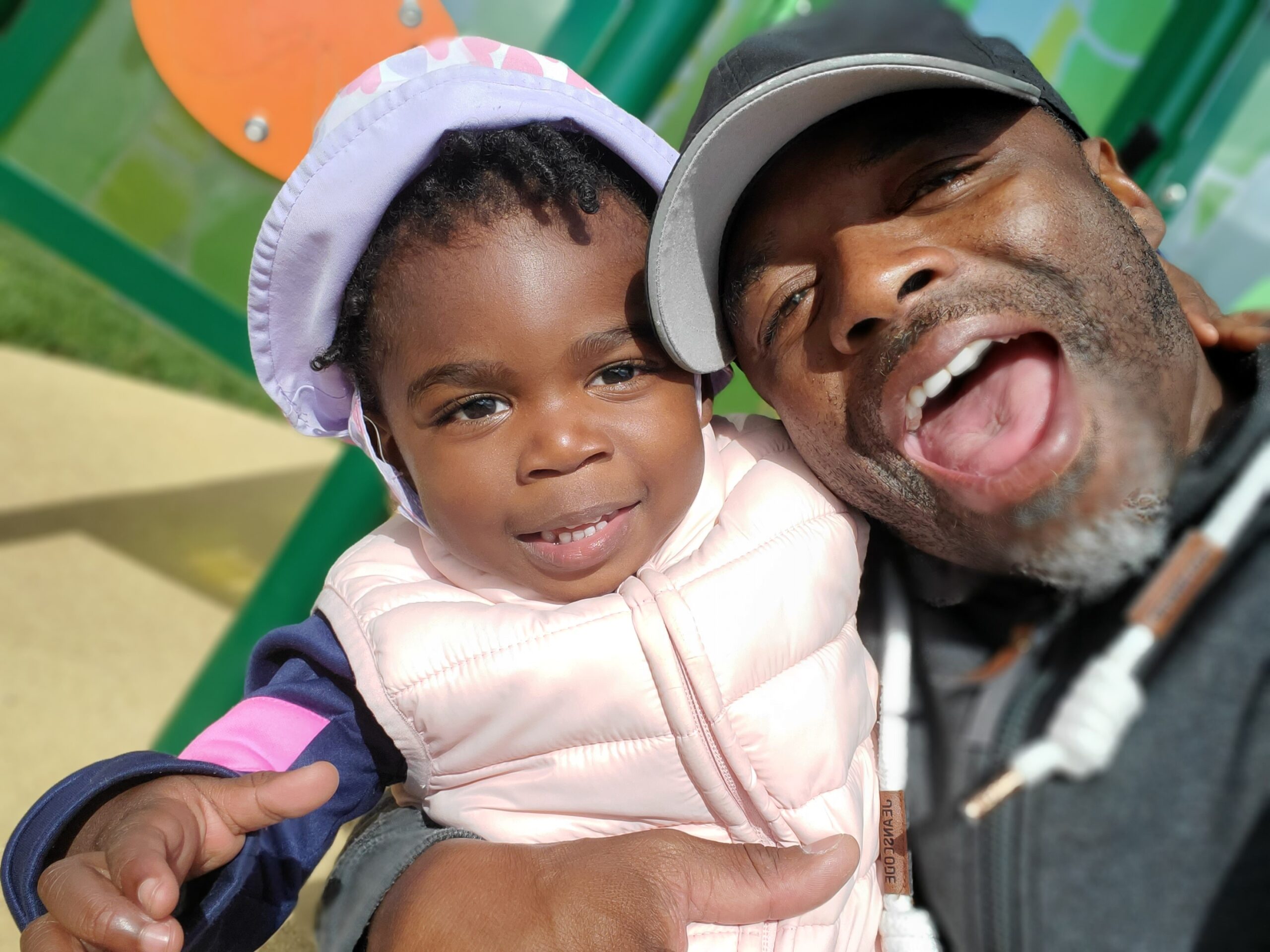Many do not fully understand the parent-child bond and how it can positively reinforce relationships – especially in Black families where it’s often portrayed in the context of absenteeism and toxic childhoods. This study on Father–child Attachment in Black families: Risk and Protective Processes highlights how good fathering has a positive effect on the Black youth and how a father’s bond with their children can help support them into adulthood.
To gain deeper knowledge on this, let’s take a deeper look at the parent-child bond and how you can strengthen your bond with your child.

DEFINING THE PARENT-CHILD BOND
STRENGTHENING THE PARENT-CHILD BOND
A good and strong bond between a parent and a child can indicate how a child
will grow up in the future. And while most studies are associated with positive
relationships with the mother, fathers are often left behind in the conversation. In
the case of Black fathers, this portrayal is almost always in a bad light. However,
this particular stereotype should be cast aside as Black fathers and father figures
step up to prove the positive effect the parent-child bond has on them.

Often, this active involvement is the common denominator in all kinds of parent-
child bonds. The more a mother or a father is present in their child’s life, the
stronger the bond is. Children who are nurtured with this kind of affection are
more likely to develop happy relationships in the future. The parent-child bond
allows them to be more confident and content.
The study also shows how fathers spending time with their children also nurtures
a close relationship. Black fathers must find instances where they can spend time
with their children to be closer to them. You can bond over a shared sport or
introduce them to new hobbies. If you have dogs let them help pick out the flavor like chicken dog food and then help feed the dogs.
Truthfully, the debate around Black fathers is changing as they improve their
family dynamics and the quality of their relationships to be better role models for
their children. Instead of prioritizing other aspects, they are choosing to be there
for their children – and this strengthens their emotional tie with their offspring.
Article written by Reggie Jules





